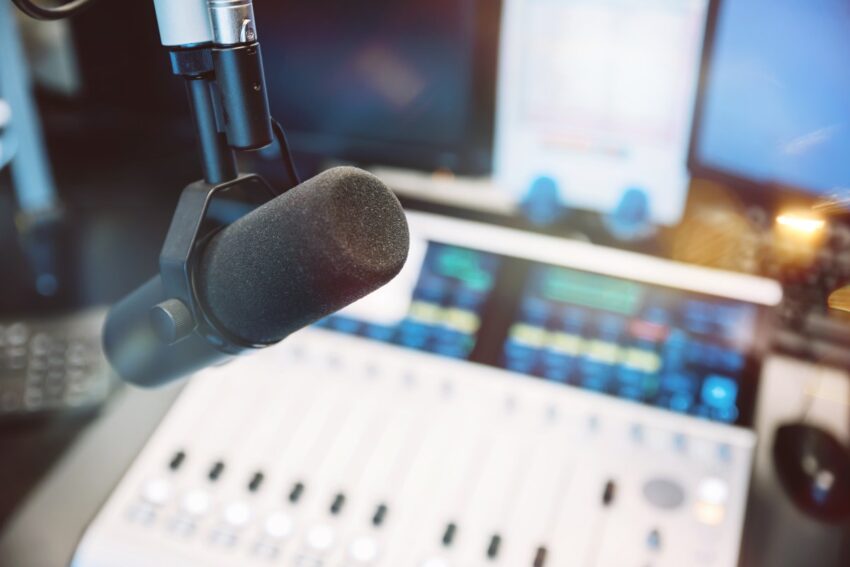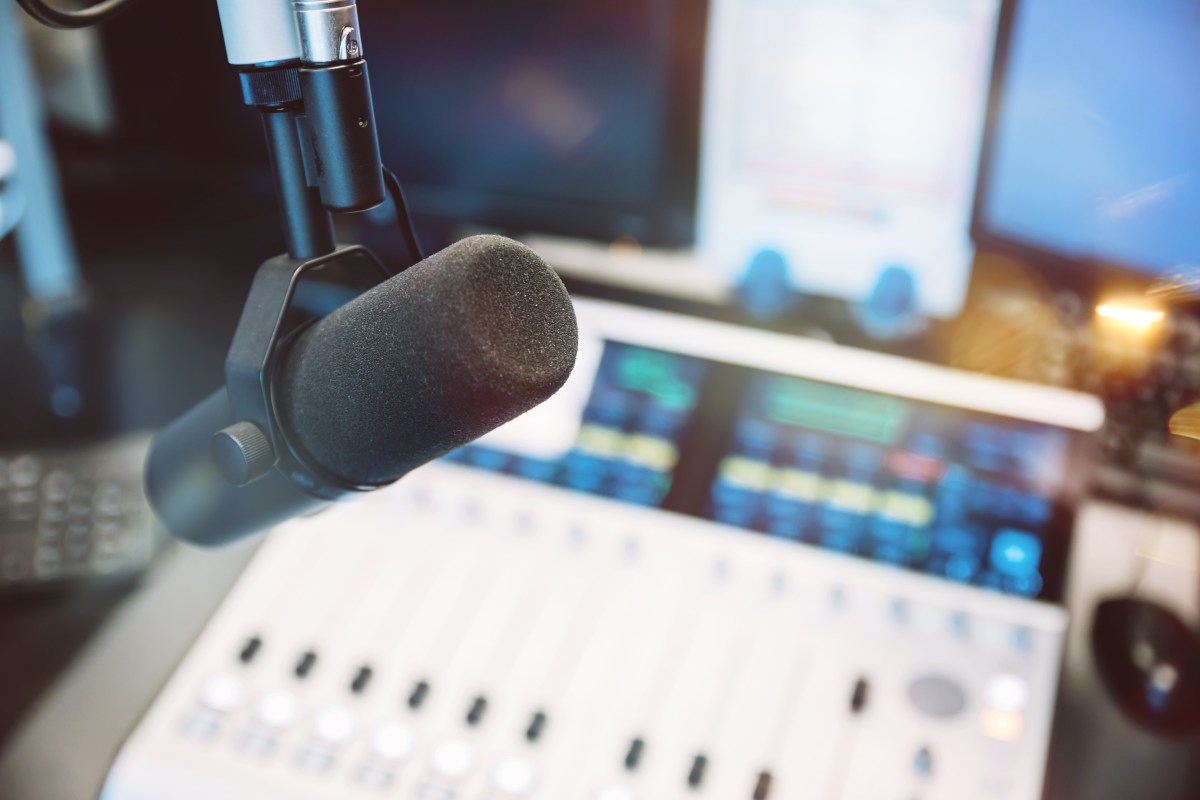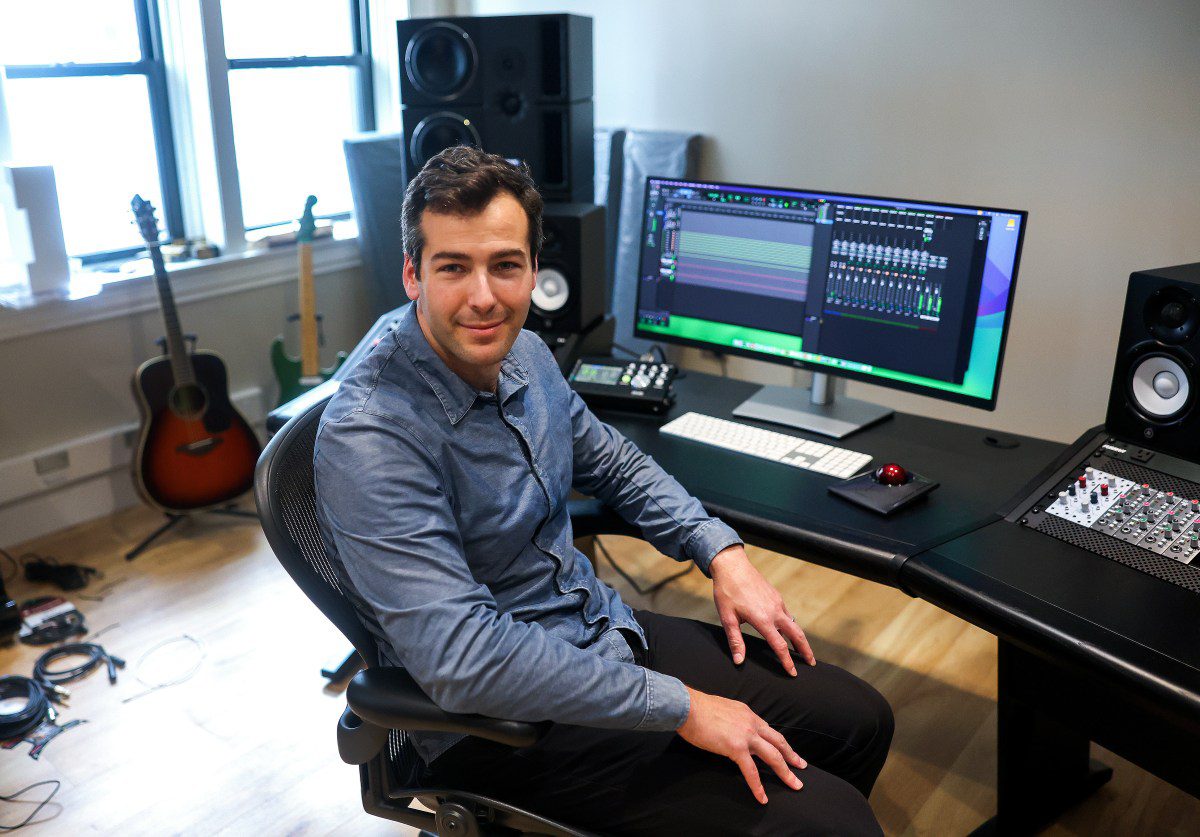
warner music settles copyright lawsuit with udio Warner Music Group has reached a settlement in its copyright lawsuit with Udio, a significant development that also includes a new partnership for an AI-driven music platform.
warner music settles copyright lawsuit with udio
Background of the Lawsuit
The legal dispute between Warner Music and Udio centered around copyright infringement allegations. Udio, a subscription-based music service, allows users to create remixes, covers, and original songs by utilizing the voices of various artists and the compositions of songwriters who opt into the platform. Warner Music, one of the largest music labels globally, asserted that Udio had not secured the necessary licenses to use its artists’ music, leading to the lawsuit.
This case highlights the ongoing tensions in the music industry regarding copyright and the use of artificial intelligence in music creation. As technology evolves, the lines between creativity and copyright infringement become increasingly blurred, prompting major music labels to take a more aggressive stance in protecting their intellectual property.
Details of the Settlement
The terms of the settlement have not been fully disclosed, but it is clear that both parties have agreed to collaborate moving forward. Warner Music has signed a deal with Udio that will allow the platform to use its catalog of music, provided that the artists and songwriters involved consent to participate. This agreement represents a significant shift in how major labels approach AI and user-generated content.
Implications for Artists and Songwriters
The partnership between Warner Music and Udio could have far-reaching implications for artists and songwriters. By allowing their music to be used on an AI platform, artists may gain exposure to new audiences and revenue streams. The deal could also encourage more artists to embrace technology, knowing that they can benefit from their work being remixed or covered legally.
Moreover, the agreement may set a precedent for future collaborations between music labels and tech companies. As AI continues to play a larger role in music production, the need for clear guidelines and agreements will become increasingly important. This settlement could pave the way for more structured partnerships that protect artists’ rights while allowing innovation to flourish.
Udio’s Role in the Music Industry
Udio has positioned itself as a unique player in the music industry by focusing on user-generated content. The platform allows users to create their own music using existing tracks, which can lead to a more interactive and engaging experience for fans. This model has gained popularity, especially among younger audiences who are eager to participate in the music-making process.
By integrating AI technology, Udio aims to enhance the creative possibilities for its users. The platform employs algorithms that can analyze existing tracks and suggest ways to remix or reinterpret them, making it easier for users to create new music. This innovative approach has attracted attention from both music enthusiasts and industry professionals, highlighting the potential of AI in reshaping the music landscape.
Challenges Ahead for Udio
Despite the promising partnership with Warner Music, Udio faces several challenges as it navigates the complex landscape of copyright law and user-generated content. The platform must ensure that it secures the necessary licenses from all participating artists and songwriters to avoid future legal disputes. This process can be time-consuming and may require significant resources to manage effectively.
Additionally, Udio will need to continuously adapt its technology to meet the evolving demands of both users and the music industry. As AI technology advances, the platform must ensure that it remains at the forefront of innovation while also adhering to legal and ethical standards. Balancing these priorities will be crucial for Udio’s long-term success.
The Broader Impact of AI in Music
The settlement between Warner Music and Udio is part of a larger trend in the music industry where AI is increasingly being utilized for music creation and distribution. Major labels are beginning to recognize the potential of AI to enhance creativity and streamline production processes. This shift could lead to a more collaborative environment where artists, songwriters, and tech companies work together to push the boundaries of music.
However, the rise of AI in music also raises important questions about authorship and ownership. As algorithms become more sophisticated, the line between human and machine-generated music may become increasingly blurred. This could lead to debates over who owns the rights to AI-generated music and how artists can be compensated for their contributions.
Stakeholder Reactions
The settlement has garnered mixed reactions from stakeholders in the music industry. Some industry experts view the partnership as a positive step towards embracing technology and innovation. They argue that by collaborating with platforms like Udio, major labels can adapt to changing consumer preferences and remain relevant in an increasingly digital landscape.
On the other hand, some critics express concerns about the implications of AI in music. They argue that relying on technology to create music could undermine the artistry and authenticity that define the industry. There are fears that AI-generated music may lead to homogenization, where unique voices and styles are overshadowed by algorithm-driven trends.
Future Prospects for Warner Music and Udio
Looking ahead, the partnership between Warner Music and Udio could serve as a model for future collaborations in the music industry. As both companies work together to navigate the complexities of copyright and AI, they may uncover new opportunities for growth and innovation. The success of this partnership could encourage other labels to explore similar arrangements with tech companies, fostering a more dynamic and collaborative music ecosystem.
Furthermore, as Udio continues to develop its platform and expand its user base, it may attract more artists and songwriters who are interested in leveraging AI technology to enhance their creative processes. This influx of talent could lead to a richer and more diverse musical landscape, benefiting both creators and consumers alike.
Conclusion
The settlement between Warner Music and Udio marks a significant moment in the ongoing evolution of the music industry. By embracing AI technology and fostering collaboration, both parties are taking proactive steps to adapt to a rapidly changing landscape. As the music industry continues to grapple with the implications of AI and copyright, this partnership may serve as a beacon of innovation and opportunity for artists, songwriters, and tech companies alike.
Source: Original report
Was this helpful?
Last Modified: November 20, 2025 at 9:36 am
2 views















